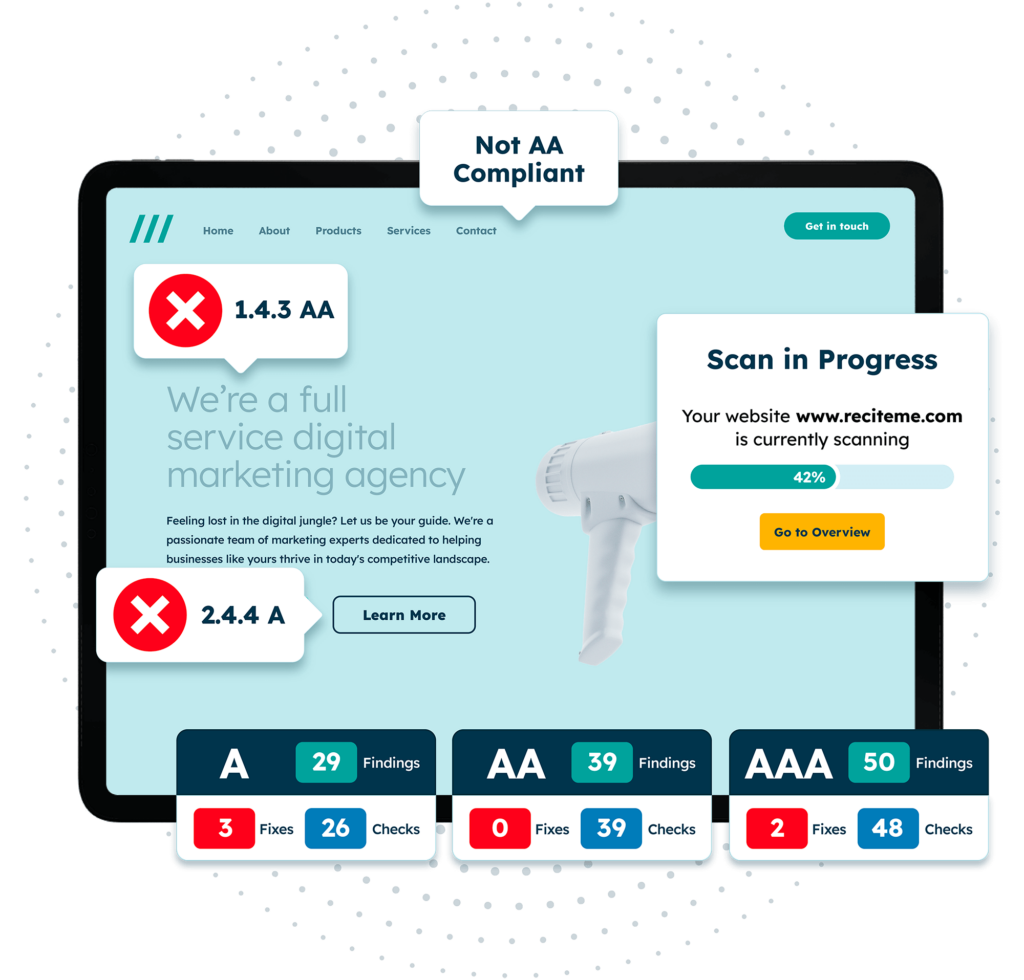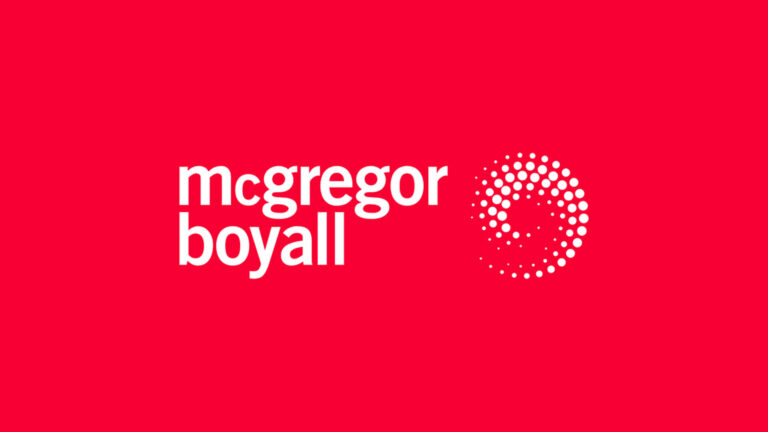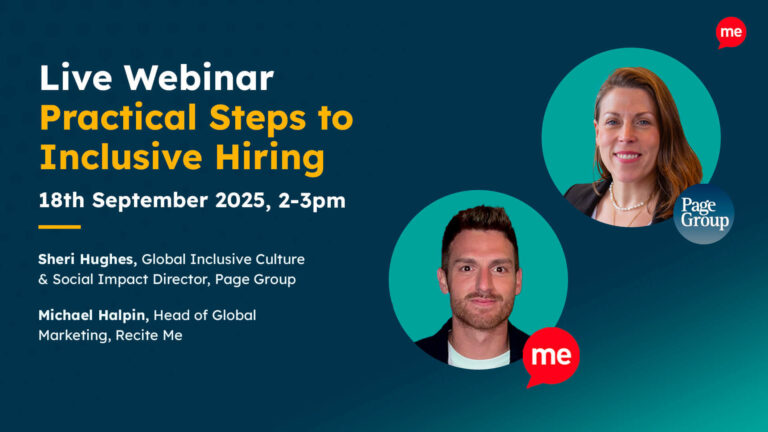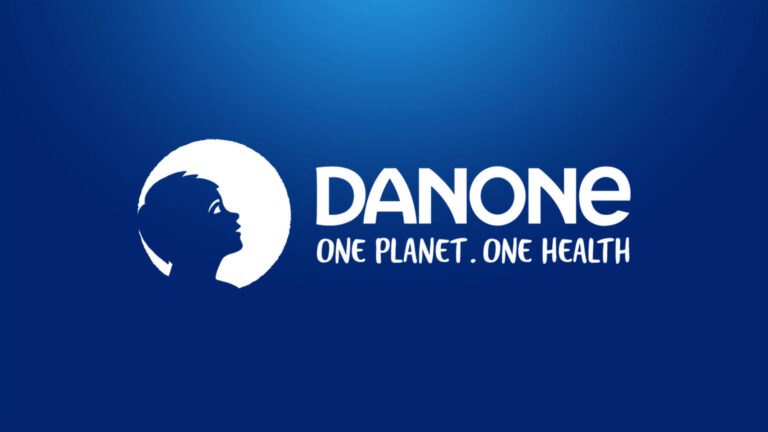Get Your Free Inclusive Recruitment Checklist
Download NowRecently, the ATS provider Jobtrain and Recite Me got together to lead a webinar on inclusion. Keith Moutter – Inclusion Consultant at Recite Me – and Giles Heckstall-Smith – Director of Strategic Communications at Jobtrain – explored how inclusivity in employer branding, candidate experience, and technology can help attract and retain diverse talent.
During the session, we examined the risks of not evolving recruitment practices, as well as the opportunities provided by tools like Recite Me to support inclusive hiring. Attendees gained practical advice and actionable insights to help their organisations create a more inclusive hiring process that attracts top, diverse talent. Watch the webinar below, but if you don’t have time, read through our summarised
version below!
Why inclusivity in recruitment matters
Inclusivity is at the heart of diversity. It is not just about meeting quotas or looking good on paper; it is about ensuring that every individual, regardless of their background, ability, or personal circumstances, has equal access to opportunities.
An inclusive hiring process enables businesses to:
- Attract and retain a diverse talent pool
- Strengthen their employer brand
- Improve candidate engagement and experience
- Boost innovation through diverse perspectives
- Avoid compliance risks associated with exclusionary practices
Keith highlighted that while many organisations claim to be inclusive, their actual hiring practices often tell a different story. For example, a career site may state a commitment to accessibility, yet the application process may present barriers that exclude candidates with disabilities or other challenges.
Making inclusivity a lived experience
It is one thing to declare an organisation as inclusive; it is another to ensure that candidates genuinely experience inclusivity throughout their recruitment journey.
Practical steps to make inclusivity real:
- Ensure accessibility from the outset: Career sites and application platforms should be accessible to individuals using assistive technologies. This means adhering to Web Content Accessibility Guidelines (WCAG) and considering the needs of users with dyslexia, visual impairments, or cognitive disabilities.
- Use technology wisely: Tools like Recite Me allow candidates to customise how they interact with content, whether through text-to-speech functionality, language translation, or adjustable fonts and colour contrasts. Such tools remove barriers and make the process truly inclusive.
- Simplify the application process: Long, complicated forms discourage candidates from diverse backgrounds. Ideally, applications should take no more than three minutes to complete, capturing only essential information at the initial stage.
- Mobile-friendly design: With nearly 78% of job applications now completed via mobile devices, recruitment platforms must be optimised for smaller screens.
- Use clear and inclusive language: Job descriptions, application forms, and communication should be free from jargon and bias, ensuring they are understandable to a wide audience.
- Offer flexible assessment methods: Some candidates may struggle with traditional written assessments, particularly those with neurodivergent conditions. Providing alternatives such as video interviews, voice responses, or practical tasks can create a fairer selection process.
The role of choice and flexibility
One of the most significant takeaways from our conversation was the importance of offering candidates choice. Some individuals thrive in video interviews, while others may find them daunting due to confidence issues, neurodivergence, or personal preferences.
Keith emphasised that rather than enforcing a one-size-fits-all approach, organisations should ask candidates how they would prefer to be assessed. This small adjustment empowers applicants and ensures they can present themselves in the best possible way.
The risks of failing to prioritise inclusivity
Ignoring inclusivity can have serious repercussions for businesses, including:
- Being left behind: Companies that fail to modernise their recruitment approach risk losing out to competitors who prioritise diversity and accessibility.
- Alienating skilled talent: Many talented individuals, particularly those with disabilities or from underrepresented backgrounds, will disengage from a process that does not cater to their needs.
- Struggling to meet recruitment and business targets: If your hiring process is inaccessible, you are automatically excluding a portion of the talent pool, making it harder to fill roles.
- Damage to employer brand: Candidates share their experiences online, and negative reviews regarding inclusivity could deter future applicants.
- Legal and compliance risks: Failing to adhere to accessibility standards and equality laws can lead to reputational and financial consequences.
Expanding your talent pool
Inclusive recruitment isn’t just about accommodating individuals with disabilities—it’s about opening doors to a much broader talent pool. This includes:
- Care leavers who may lack traditional experience but bring resilience and adaptability.
- Ex-forces personnel who possess discipline, leadership, and problem-solving skills.
- Ex-offenders who are looking for a second chance to contribute to society.
- Stay-at-home parents returning to the workforce with valuable transferable skills.
- Long-term unemployed individuals who may need extra support to reintegrate into employment.
Organisations such as Bridge of Hope Careers specialise in connecting employers with diverse talent pools. Engaging with these networks can help companies source skilled individuals they might not have otherwise considered.
AI and the candidate experience
AI is increasingly being used by candidates to draft applications and cover letters. While this can help individuals articulate their skills effectively, it also poses challenges in identifying genuine, thoughtful applications.
To combat this, we recommend using structured assessment forms within the application process. These can include multiple-choice or scenario-based questions that allow recruiters to objectively evaluate candidates rather than relying solely on AI-generated responses.
The role of training and ongoing development
An inclusive hiring process doesn’t end when a candidate is hired. It should extend into onboarding, internal mobility, and career development.
Organisations should:
- Train hiring managers on unconscious bias and inclusive recruitment practices
- Provide reasonable adjustments throughout the employee lifecycle
- Regularly review hiring processes to ensure they remain accessible and inclusive
About Recite Me
Recite Me is a leading accessibility and inclusion software provider, offering a cloud-based accessibility toolbar that enables website visitors to customise content in a way that suits their individual needs. Their tools include text-to-speech functionality, translation in over 100 languages, and adjustable fonts and colour contrasts to create an inclusive digital experience for all users.
About Jobtrain
Jobtrain is a leading applicant tracking system (ATS) provider, dedicated to helping organisations streamline their recruitment processes while ensuring an inclusive and accessible candidate experience. With a focus on innovation, Jobtrain provides tools that support diverse hiring strategies, from structured assessment forms to mobile-friendly application processes, helping employers attract and retain the best talent.

Free Accessibility Check of your Website
Detecting accessibility issues has never been easier than it is now. At Recite Me we offer a free automated scan of your websites homepage. This will identify and highlight any non-compliance on your website. Followed by recommendations on how to implement the necessary changes to improve your websites accessibility score and standing.



